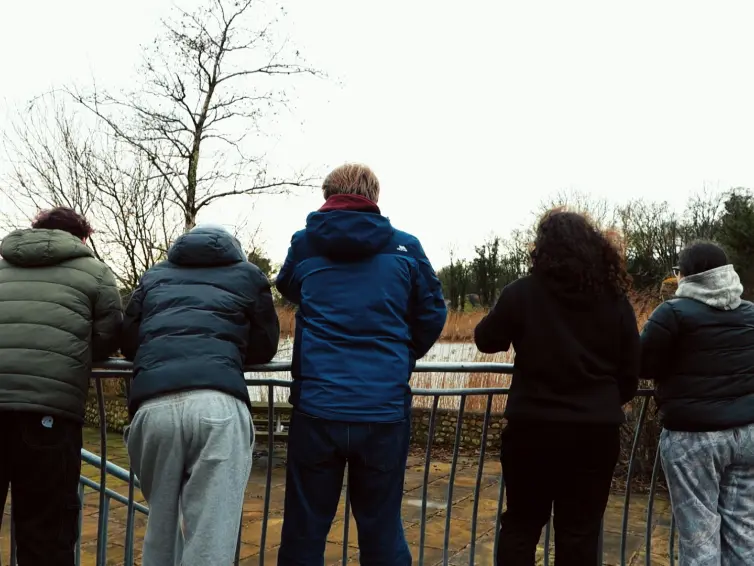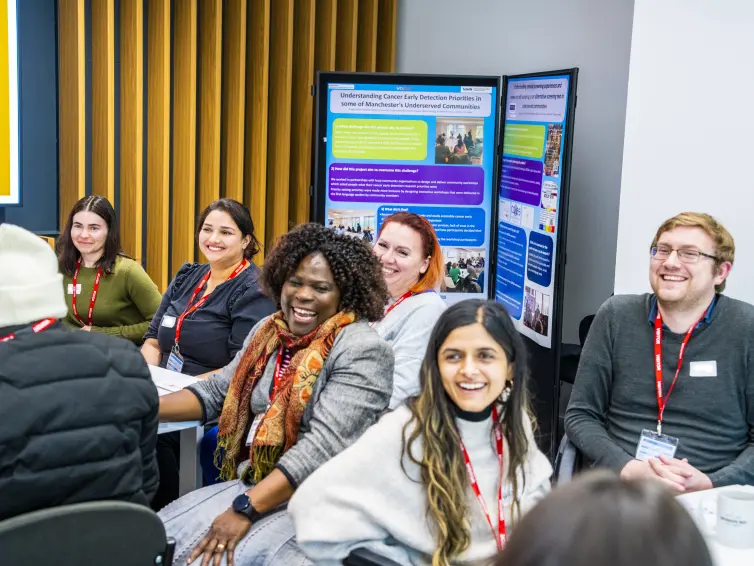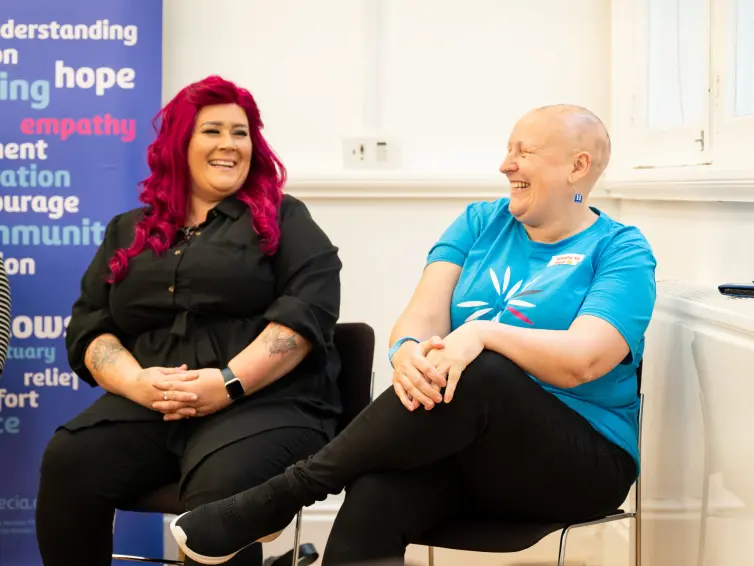After Every Difficulty, Comes Ease #MyMSKStory
Moving with faith
This guest blog was written by Zaida as part of #MyMSKStory, a social media campaign to raise awareness of musculoskeletal (MSK) conditions and research.
Living with prominent polymyositis, mixed connective tissue disease, Raynaud’s, scleroderma and reflux oesophagitis is not easy. Firstly because of the medication and its side effects.
I was on a high dosage of steroids, painkillers and other medications, which I stored in an empty ice-cream box alongside some sweets. I used to take twenty-five tablets in one go, which would leave a horrible chemical taste in my mouth and throat, only relieved by eating a sweet straight after.
Prior to taking painkillers I had a visible jawline, but over time my face became puffy and moon shaped. Because of the steroids and other medications, I gained a lot of weight, which heavily impacted on my confidence and overall mental health.
Over the years I have gradually stopped taking steroids. I have also changed my diet completely, incorporating lots of garlic, ginger and honey!
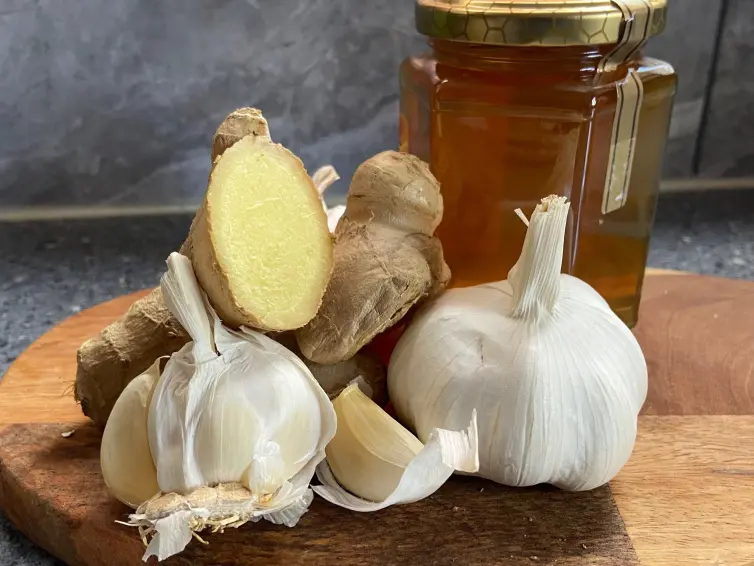
Secondly, because I have a science background, I freaked myself out by reading medical textbooks on my conditions. I was worried, felt helpless and adamant I didn’t have long to live; my body was in continuous pain, especially my arms and legs. I was frustrated and in tears a lot, especially when I couldn’t bend down to put my socks on. Standing up from a sitting position was extremely difficult and getting dressed and lifting my arms were a constant nightmare.
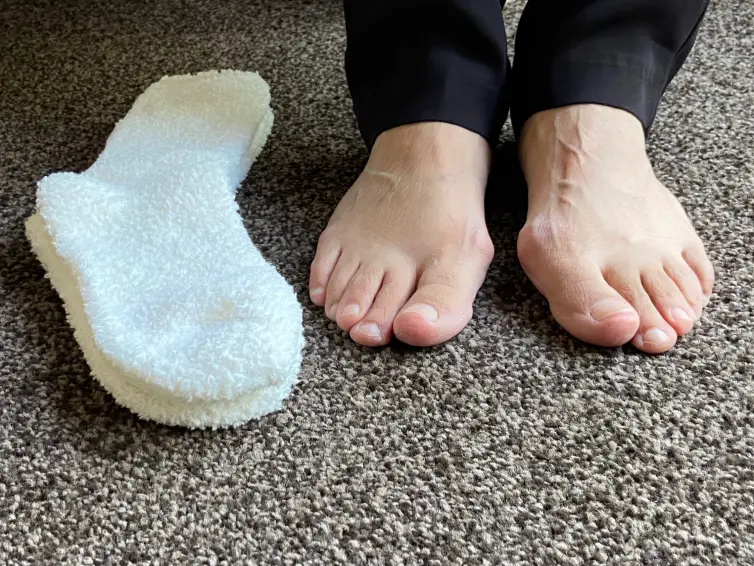
The only thing keeping me going was performing my five daily prayers. During the early onset of the disease, it was difficult to perform daily duties, which led to anxiety, frustration and stress. Performing my prayers helped me ease stress and anxiety which I believe improved my overall health. I feel the physical movement of doing my regular prayers helped my condition in more ways than one, keeping the joints healthy and functioning.
When doing my prayers, I raise my hands to the level of my shoulder, which was difficult and very painful in the early stages of my disease. I stand straight focussing on deep breathing with both hands folded on my chest. When I bend at the waist placing my palms on my knees, here I feel the muscles in my lower back, thighs and calves stretch. This alleviates pain in my lower back by relaxing the ligaments and muscles. When prostrating I place my hands as flat as possible on the ground and touch the ground with my forehead. At the end of the prayer, I turn my neck slowly to the right, then the left, kind of like a gentle neck exercise. I also find that doing the tasbeeh (a part of the prayer) on your fingers can be another form of exercise for the joints in your hand. Delving deep into my faith I learnt that an illness is not a punishment, it’s a blessing. As it says in the Quran, after every difficulty comes ease. This encouraged me never to give up.
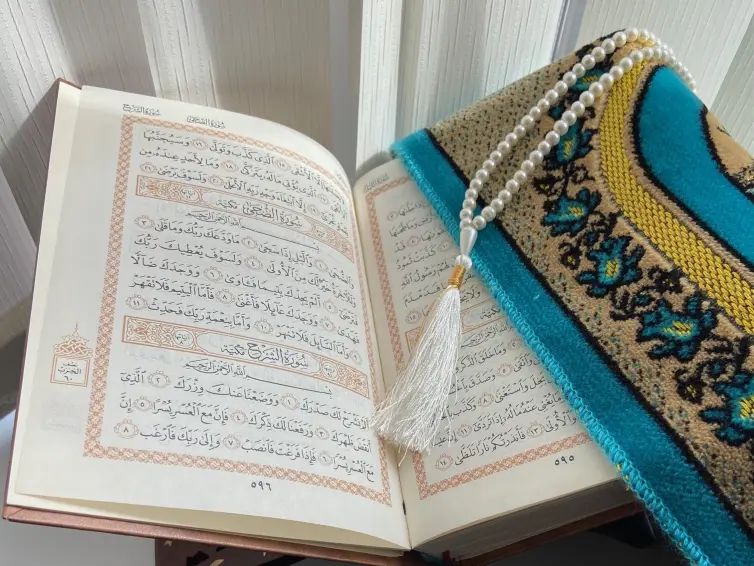
My job as a biomedical scientist requires me to use a microtome, a tool which precisely cuts sections of human tissue preserved in small blocks of wax which we can use, for example, to see if cancer cells are present. To cut these sections, I have to turn a handle to move the wax against the blade, which puts a strain on my hands. Walking upstairs to collect specimens, my legs would feel like bricks and I would get exhausted and out of breadth. However, I was adamant I wanted to stay in my chosen profession.

Over the years I have got into a habit where I tend to stretch my fingers when turning the handle on the microtome instead of grasping it tightly; thanks to supportive colleagues, I continued working.
With continuous support from my parents, family, friends and colleagues, not only did I develop stronger faith, I feel I was able to spiritually, mentally and physically heal myself.
A few weeks ago, I surprised myself and did a trek challenge which I found very challenging (and scary, especially the zipline!).
Living with prominent polymyositis, mixed connective tissue disease, Raynaud’s, scleroderma and reflux oesophagitis is not easy… but it’s not impossible.
Interested in shaping research?
Join Vocal’s friendly Musculoskeletal Research User Network and #GetVocal
